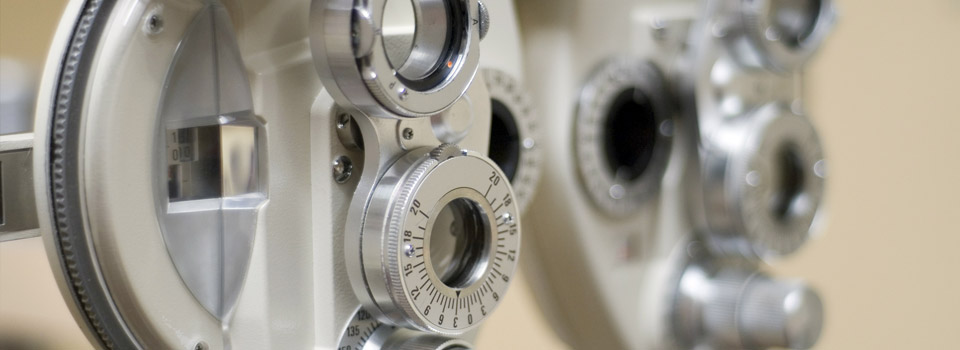Eye allergies:
Some of us can tell spring is starting by the onset of symptoms such as a runny nose, sneezing and stuffiness. Seasonal allergies can also include eye symptoms such as watery, itchy, red, swollen, and irritated eyes, or light sensitivity. Eye allergies commonly occur during seasonal changes, but there are several ways to reduce symptoms.
Eye allergies, also known as allergic conjunctivitis, occur when histamine is released due to a substance that irritates the eyes such as pollen, dust, smoke, insect bites, or certain foods. Diagnosis involves listening to symptoms and assessing the eye with a slit lamp. Oral antihistamines are commonly used to manage systemic allergy symptoms, but they can also make the eyes more dry and irritated.
The first line of defense for the eyes is managing exposure to environmental triggers. Wearing sunglasses to act as a barrier when outdoors, or using air filters indoors. Applying a cool compress to puffy eyes, and flushing the eyes with artificial tears can also help reduce symptoms.
A second line of defense involves eye drops that contain antihistamines and mast cell stabilizers. They can be prescribed by an optometrist, and tend to be safe and effective for long-term use. These drops should not be confused with decongestant eye drops, such as Visine. Decongestant eye drops should not be used for more than a few days in a row as they can make symptoms worse in the long term.
The third line of defense involves prescription steroid eye drops. These are strong anti-inflammatory drops that can further reduce the ocular symptoms listed above. They should only be used under the supervision of an eye doctor due to their potential side effects.
Contact lens wearers are at higher risk for ocular allergies. Allergens like to stick to contact lenses, prolonging exposure. There is a new contact lens by Acuvue which releases antihistamine and mast cell stabilizers as it is worn throughout the day.
Rubbing the eyes should, of course, be avoided, as it can make symptoms worse by releasing more histamine! For personalized advice and treatment, please book an appointment with your optometrist.
Dr. Talisa Dennis


